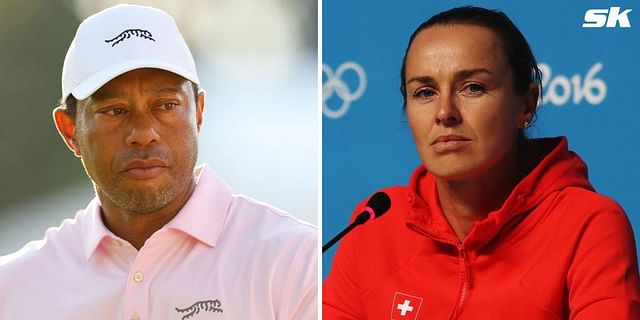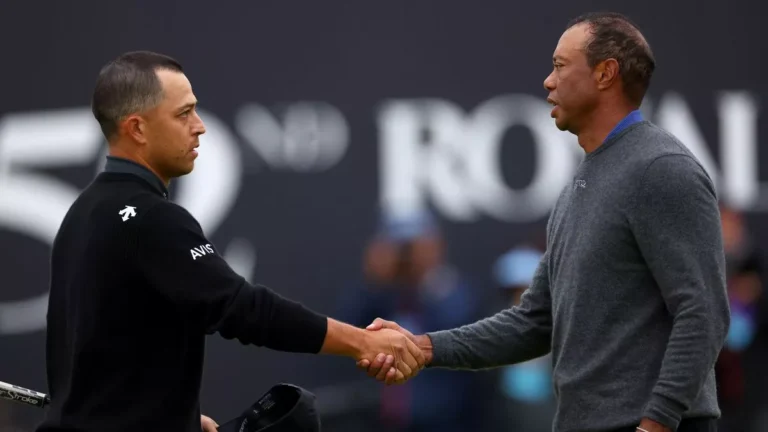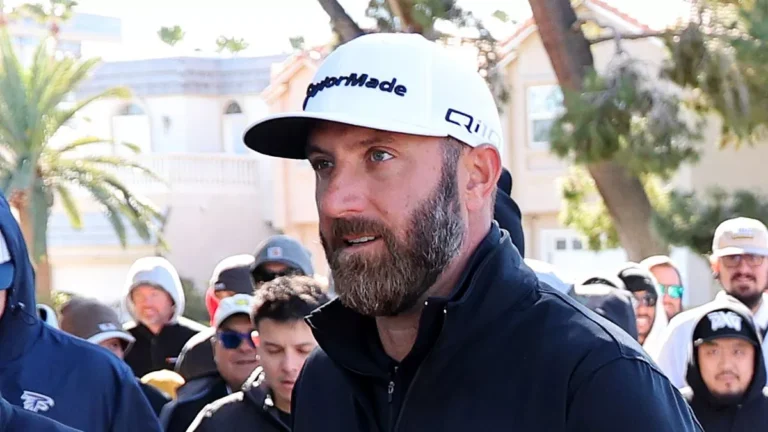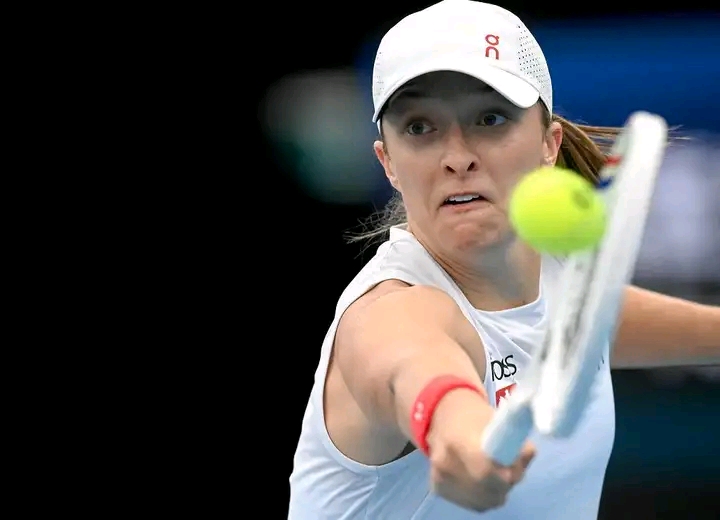It’s all the time, ‘Tiger Woods, Tiger Woods,’ I am better than he is” – When Martina Hingis rejected comparisons to American golf prodigy
In a notable 1997 interview, Swiss tennis sensation Martina Hingis expressed her frustration with the frequent comparisons to Tiger Woods, the American golf prodigy who had also made waves with his early success. Hingis, who was then at the height of her powers, found the constant juxtaposition with Woods irksome and firmly believed that her achievements and dominance in her sport set her apart from the golf star. “It’s all the time, ‘Tiger Woods, Tiger Woods, Tiger Woods.’ I am better than he is. I’ve been on top longer and I am younger. I’m just better,” Hingis declared with characteristic confidence.
Martina Hingis’s rise in tennis was nothing short of meteoric. She burst onto the international scene as a teenager, quickly establishing herself as one of the most promising talents in the sport. Her career began with a landmark achievement in 1996 when, at just 15 years old, she won the Wimbledon women’s doubles title, making her the youngest-ever Grand Slam champion in the Open Era. This victory was a precursor to an even more impressive feat: in 1997, Hingis became the youngest player to win a Grand Slam singles title in over a century when she claimed the Australian Open. This remarkable achievement earned her the distinction of being the youngest Grand Slam singles champion since the inception of the Open Era in 1968.
Hingis’s dominance did not stop there. Later in 1997, she also made history by becoming the youngest player to reach the No. 1 spot in the WTA rankings. Her reign at the top of women’s tennis was marked by an impressive 209 weeks as the World No. 1, reflecting her consistent excellence and competitiveness on the court. Throughout her career, Hingis accumulated a total of five Grand Slam singles titles—three Australian Opens, one Wimbledon, and one US Open. In addition to her singles success, she secured 13 Grand Slam doubles titles, further showcasing her versatility and skill in different aspects of the game.
Despite her early retirement in 2003 due to persistent injuries, Hingis’s career was far from over. She made a remarkable comeback in 2006, only to face a setback when she tested positive for cocaine during Wimbledon in 2007. This incident led to a two-year ban and her second retirement from the sport. Nevertheless, Hingis’s passion for tennis remained undiminished, and she returned once more in 2013, this time focusing on doubles. Her second comeback allowed her to continue competing at a high level until her final retirement in 2017.
Hingis was renowned for her exceptional court intelligence, precise shot-making, and strategic prowess, which were instrumental in her success. Her career is often cited as a testament to her incredible talent and potential, which might have been even more pronounced had she concentrated solely on her singles career. Despite her complex relationship with comparisons to contemporaries like Tiger Woods, Hingis’s contributions to tennis remain highly respected and celebrated.
As of recent years, Hingis has continued to be a prominent figure in the sport, with appearances and contributions that reflect her enduring influence on tennis. Her legacy, defined by an impressive array of achievements and a distinctive playing style, remains a significant part of the sport’s history.






